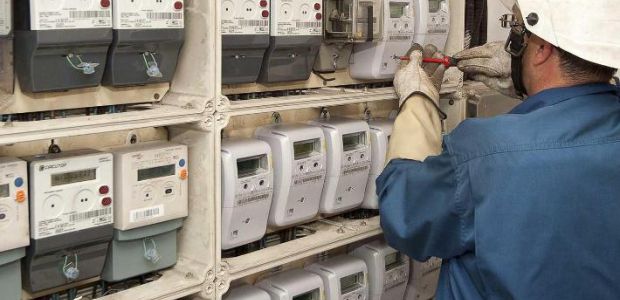The main power utility PPC, in association with its subsidiary DEDDIE/HEDNO, Greece’s Electricity Distribution Network Operator, wants a troubled model concerning the replacement of Greece’s conventional power meters with digital-technology systems to be fully reshaped, and is also seeking an active role, the power utility’s CEO Manolis Panagiotakis told journalists yesterday on the sidelines of a general shareholders’ meeting.
An older pilot plan prepared by DEDDIE/HEDNO concerning the installation of 200,000 digital power meters as a lead up to the full-scale project has been severely bogged down by issues, including appeals and legal disputes between bidders, prompting the need for a new business model.
PPC’s boss attributed the disputes to the initial model’s scale, which he believes is over-sized and has therefore incited candidates to regard the pilot program as a preliminary step assuring contracts for the full-scale project.
In his comments yesterday, Panagiotakis said the staging of two or three smaller pilot projects in provincial cities could be a more effective approach. He also implied the procedure’s current model will need to be reexamined and comprehensively redesigned from scratch.
All possible models will need to be explored, including public-private partnerships, the PPC boss told.
As was recently disclosed by energypress, French electricity distribution network operator ENEDIS has expressed an interest to take part in such an entrepreneurial team for the installation of digital power meters.
According to the original plan, the entire project was scheduled to be completed by 2020, now ruled out as impossible.
The project’s total cost was originally estimated at 1.2 billion euros but this figure is expected to fall to a level of around 800 million euros as the technology to be used matures and related purchase prices deescalate.
The installation of digital power meters in Greece is both a necessity and obligation promising to radically change how the electricity market operates and offer benefits to consumers. The country’s lenders have demanded a clear-cut development time frame in the bailout agreement.





